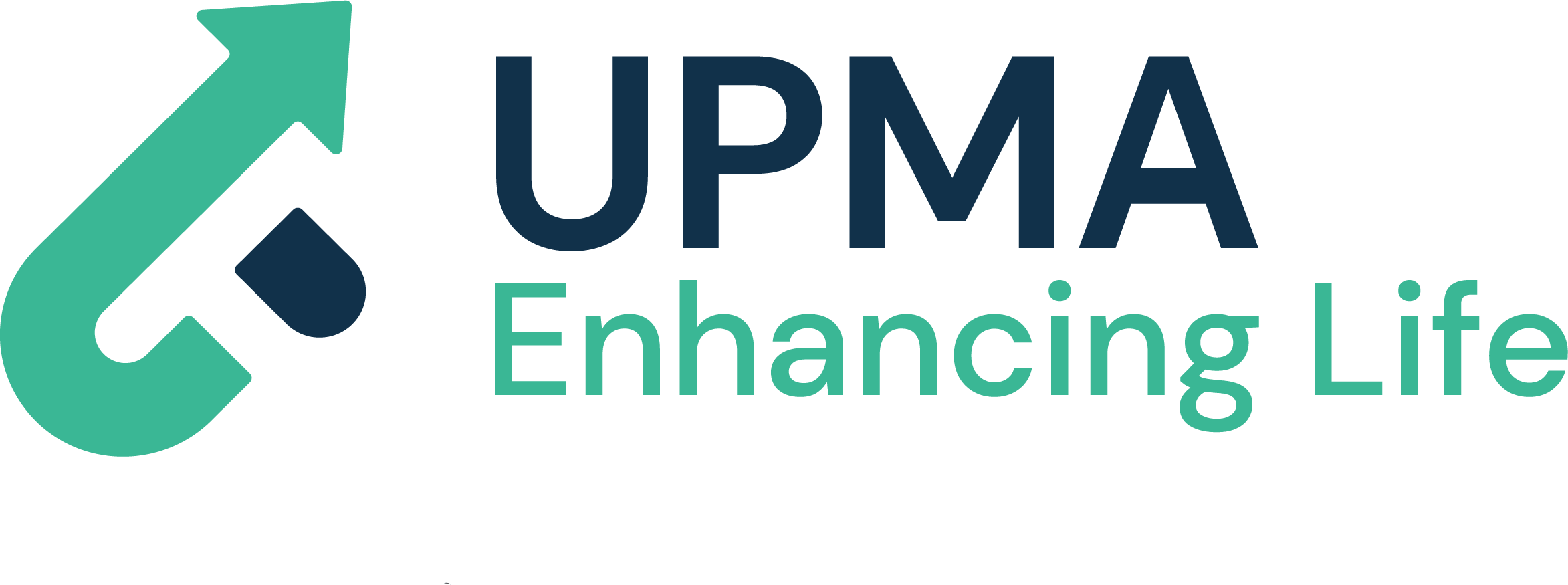Social equity in cannabis refers to efforts to address the historical harms and injustices caused by the disproportionate enforcement of cannabis laws on certain communities, particularly communities of Native Americans, Blacks, Hispanics, Asians and minority Caucasians.
This includes ensuring that people who have been disproportionately impacted by the criminalization of cannabis have equal access to opportunities in the legal cannabis industry, such as licenses to operate cannabis businesses, access to funding and resources, and education and training.
Social equity programs may involve providing financial assistance or other resources to individuals or communities affected by the War on Drugs, expunging criminal records for low-level cannabis offences, and prioritizing the participation of individuals from these communities in the legal cannabis industry.
The goal is to promote equity and inclusivity in the cannabis industry and to help address some of the injustices caused by past cannabis policies.
Below is a snapshot featuring the indigenous farm-gate operations of Sugar Cane Cannabis.
Did you know 80% of minority communities make up the total of incarcerated individuals?
Why are there less than 2% of people and communities affected by the War on Drugs participating in the legal industry?
How come there was little to no engagement from policy makers?

